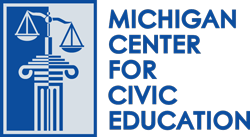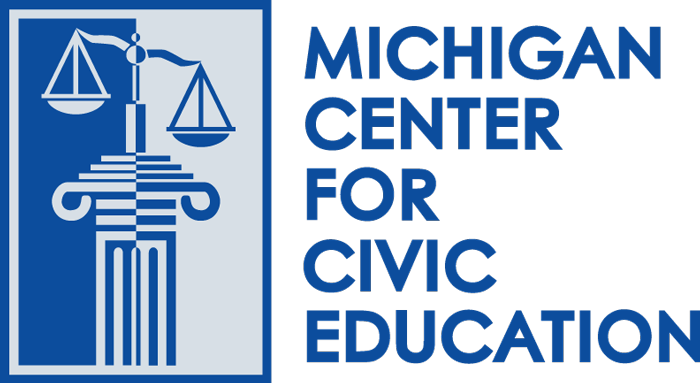This case summary provides teachers with everything they need to teach about Gideon v. Wainwright (1963). It contains background information in the form of summaries and important vocabulary at three different reading levels, as well a review of relevant legal concepts, diagram of how the case moved through the court system, and summary of the decision. This resource also includes nine classroom-ready activities that teach about the case using interactive methods.
Civics Lessons
Gideon v. Wainwright (1963)
Does the Constitution Protect Fair Play? Introducing Due Process
In this lesson, students develop a working understanding of due process by discussing relevant Constitutional clauses. They are presented with the Gideon v. Wainwright case and decide whether Clarence Gideon had the right to an attorney, relying on their previous discussion of due process. The lesson ends with a discussion of the importance of the right to due process in criminal proceedings, as well as a discussion of other situations in which the right to due process applies
Participating in the Jury System
Students participate in activities and discussions about the relationship of a democratic society to its legal institutions, and the issues of fairness and equality under the law and legal system. They learn how constitutional amendments such as the Fourteenth Amendment influence lawsuits, and they will apply concepts within the Bill of Rights to jury trials. Students conduct research to compare the U.S. jury trial system to trial systems in other countries.
B.B. Wolf v. Curly Pig Mock Trial
Mock Trial Script of Curly Pig vs the Big Bad Wolf
Goldilocks vs. the Three Bears
This scripted mock trial includes ideas for pre and post mock trial activities.
Krabbs v. Plankton Mock Trial
Students learn about the different roles and responsibilities in a court by participating in a mock trial.
Voir Dire Simulation
In this lesson, students will role play real lawyers as they carry out a voir dire simulation for jury selection. They will draft lists of favorable characteristics of jurors beforehand to aid in their questioning. Students will think critically about important juror characteristics, and identify factors – such as race, socio-economic status, and age – that may have influenced the voir dire process.
The Jury System
In this lesson, students identify pros and cons of jury trials and judge-only trials, plus develop and respond to questions that might help to ensure the selection of a fair and unbiased jury.
Prepare for Trial
In this lesson, students will learn about the relationship between constitutional rights and fair and unbiased jury selection. Students will focus on the process for selecting members of a jury. In addition, they will learn vocabulary relevant to understanding court proceedings, which they will apply in making juror selections. Throughout the main activities and lesson extensions, students will investigate the relationship between constitutional rights and fair and unbiased jury selection.
Making Decisions: by Group: The Jury System
Students learn about the nation’s jury system and its importance to the rule of law in the United States. Students will experience the Sixth and Seventh Amendments at work as they engage in the main lesson activities, including one in which they will serve as jurors.

